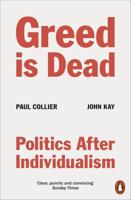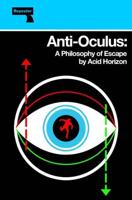Publisher's Synopsis
John Locke's influence on American political culture has been largely misunderstood by his commentators. Though often regarded as the architect of a rationally-ordered and civilized liberalism, this book demonstrates that Locke's thought is culpable for the rather uncivilized expressions of political engagement seen recently in America. By relying upon Eric Voegelin's concept of pneumopathology, Locke is shown to be subtly constructing a liberal ideology and thereby individuals who approach liberalism as closed-minded ideologues, not as deeply responsible and mature citizens. Because Locke's citizens will be slogan chanters instead of deep thinkers, Locke's work does not create a liberalism that provides the best possible regime for humans, but a mere shadow of the best possible regime. In order to demonstrate this, nearly the entirety of Locke's political and other theoretical writings are analyzed, and a picture of Lockean individuals as irrationally selfish and incapable of communal dedication emerges. The problem with liberalism is not liberalism, but merely how it is advocated by Locke. Recommendations for improving the civility of political expression in liberal societies - and thereby liberalism itself - conclude this analysis of Locke's political thought and its effect on America today.









